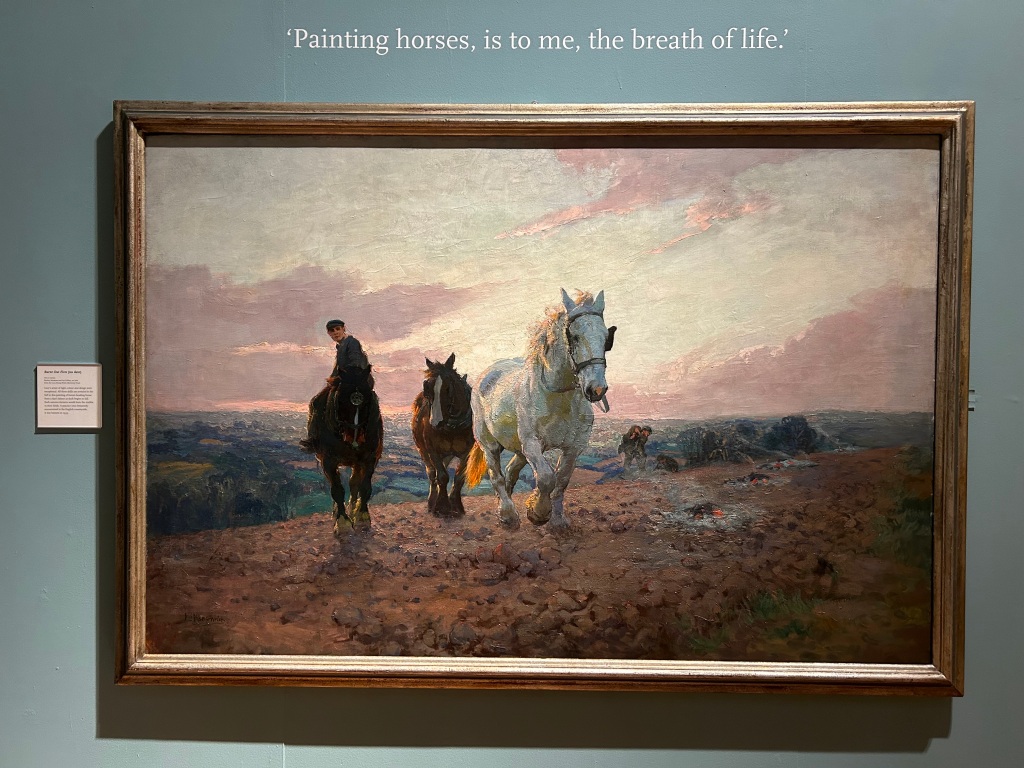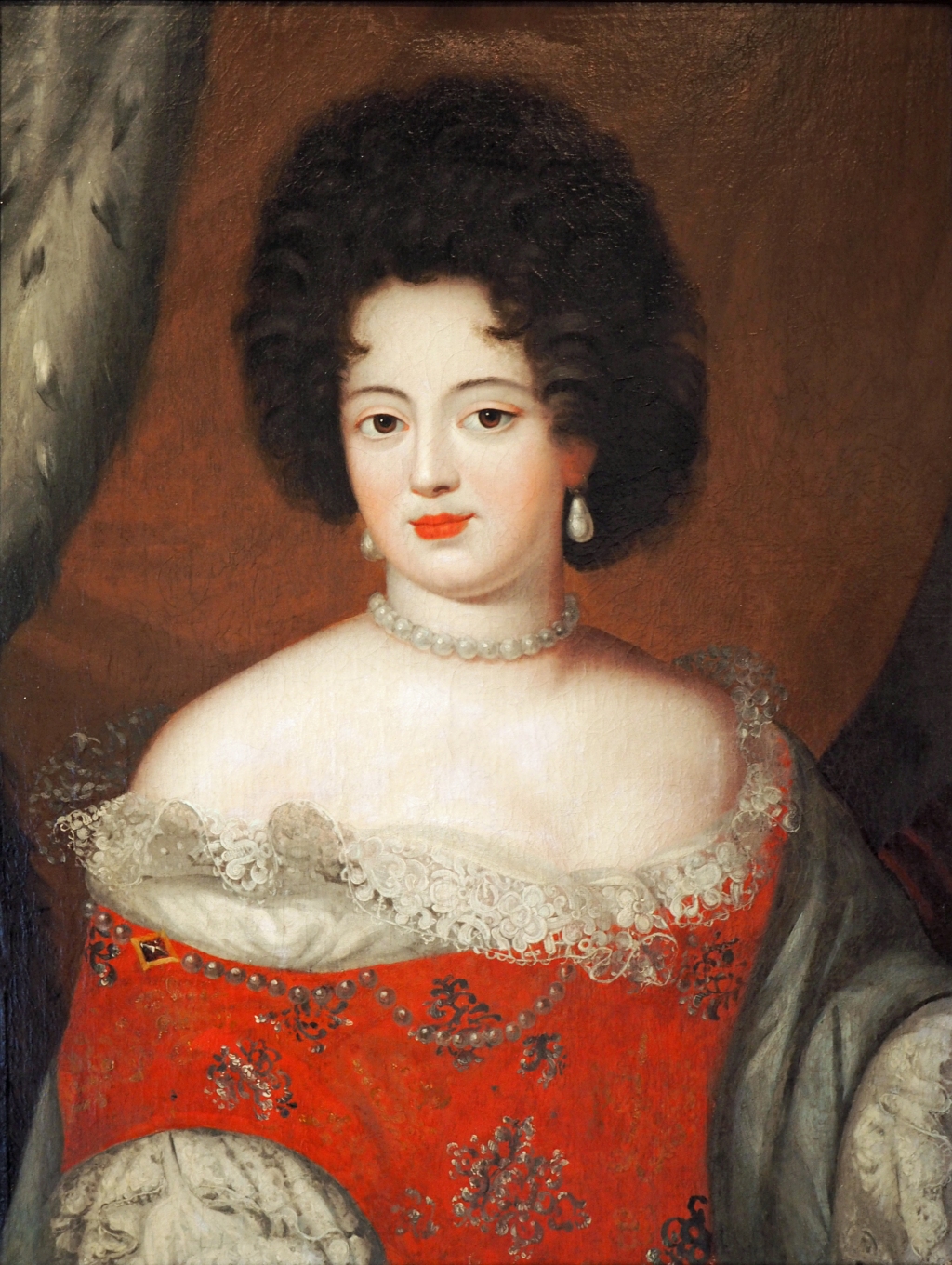“The challenge is raising them and fighting tradition – we are not our mothers,” says Insta-mum Clemmie Hooper, aka Mother of Daughters, of being a millennial parent (a mum born between 1980 and 1995). Every generation likes to think it’s rebelling, but technology and the advent of equality, means today’s new parents – us millennials – actually are. Whether it’s in terms of discipline, equipment, or the role of dad, millennial parents are turning tradition on its head.
The instruction manual
“For the first two months or so, the safest way for babies to sleep is on their fronts, head to one side, or else curled up on one side. Then if they are sick there is no chance that they will choke.” – ‘Pregnancy Book’ by Nancy Kohner (1984)
“Many studies have shown that placing a baby younger than 1-year old to sleep on his or her back is the most important things parents can do to reduce the risk of sudden infant death syndrome (SIDS).” – Current advice on WebMD.com
In the past new parents would have turned to our mums for baby advice, with perhaps a gander at a Penelope Leach book. Now, there is more, accurate information at their finger tips due to scientific and technological advances.
Millennial parents are unsurprisingly using apps to try and lighten the load of being a new parent. The BabyCentre app is a hugely popular one with over 400 million downloads, because it’s got pretty much all the answers for an expectant mum, such as what stage of development baby is at in the womb and mummy and baby activity ideas.
Apps which time contractions are also increasingly popular to help soon-to-be-mums work out when to go to hospital. Full Term gets loads of rave reviews as its easy-to-use timer plots a handy graph of your contraction rate for you. And, there’s a ‘dark theme mode’ you can use to avoid eye strain – presumably both the millennials and their parents if they tend to roll their eyes about millennials’ “unhealthy gadget obsession”.
Also predictably, social media platforms are now key sources of parenting information. Just look at the rise of the insta-mums like Mother Pukka and Clemmie. “I think you can really learn so much, I feel like I’ve used online communities more since I’ve had the twins,” says Clemmie, who has over 468,000 Instagram followers and has released two books as a result, (the latest is How to grow a baby journal). “Although I’m an experienced parent, sometimes I feel like a new mum again, because twins are a whole different ball game.”
It’s not just the practical information that means millennial parents seek out these insta-mums, it’s the honesty about motherhood. Anna Whitehouse, or Mother Pukka (who has over 157,000 instagram followers), states in her book, Parenting the sh*t out of life: For people who happen to be parents (or might be soon), that her aim is to show “we’re all doing better than we think” even if “you’re trying to manhandle a planking toddler into a buggy as an entire bus stop of blue-rinsed ladies quietly judge”. This openness is like a welcome hug if you’re having a bad day filled with poo and screaming that just wasn’t available on such a scale before.
These new information sources have led to parental friction though. For instance, new mum Laura wanted to exercise during pregnancy, which research supports. However, “my parents and those of a similar age advised me not to go to the gym at all” says Laura. “And to drink half a pint of Guinness a day to keep up my iron levels,” she laughs.
Scientific research has also led to different attitudes on the right time to carry out certain rites of passage like potty-training and weaning, notes Sarah Ockwell-Smith, author of The Gentle Parenting Book. “We potty-train later than any other generation. That’s because disposable nappies are better, more mums are going back to work and don’t have time, but also underpinning that is science telling us it’s not a great thing to potty train early,” she says.
Conversely though, the internet floods us with too much information, and not all of it right. Remember that time, Australian mum Kayley Burke shared pictures of her son on Facebook with a severe reaction to chickenpox and urged all mothers to vaccinate their child against it? The post went viral and naturally lots of mothers in the UK, where a chickenpox vaccine is not offered, panicked. The NHS had to issue a reminder that chickenpox is mostly harmless.
The physical paraphernalia
Average cost of a child in their first year in 2016: £11,498
Average cost of a child in their first year in 2003: £7,371.15
Booming alongside the plethora of information available to parents has also been the toys and equipment to care for and pacify baby. “By becoming a mum, you suddenly learn about things you never knew had existed, like this thing I bought from China which warms up baby wipes so the baby’s bum doesn’t get cold,” says millennial mum Jenny. “Our house is suddenly so full of baby products and bringing up baby involves things which previous generations did not need and were perfectly fine without but are seen as essentials today.”
Parenting expert Oona Alexander warns how the number of toys are creating issues for new parents. “Nobody is telling anyone if it’s necessary or beneficial. Much of it has limited play value and children find it difficult to really get into their play when there’s too much clutter.”
Luckily there is a growing backlash and overwhelmed mums can take part in numerous schemes to empty their homes. Out-grown baby clothing can, for example, be passed onto local families through the Hubbub and Mothercare Gift a Bundle scheme. Or why not book a stand at a Mum2Mum market? These pop-up markets allow you to sell those nearly new baby items gathering dust and keep 100% of the proceeds.
Facetime vs face time
30% of new mums said they posted a picture of their newborn to Facebook within four hours of birth – Sma Nutrition survey in 2013
As well as the physical clutter there is also technological clutter new parents are keen to shelter baby from. Jenny worries that her daughter “will grow up surrounded by these devices” and that they might hinder her interactions with others, a sentiment shared by a lot of new mothers and ministers.
Earlier this year health secretary Jeremy Hunt called for social media companies to stop marketing products at young children after Facebook launched a messenger service for under 13s. Then, Matt Hancock, secretary of state for digital, culture media and sport, suggested government could impose limits on the time children spend on social media. These are just suggestions though, so for now the responsibility is still on parents to censor screen time.
Millennials need to censor their own screen time too though. The likes of Instagram and Facebook have brought a whole new unwelcome dynamic to the traditional family photo. “I think there’s definitely some pressure to look like the perfect family on social media,” laments new mum Alice. “I have caught myself trying to angle a photo of Malachy to miss out on the pile of washing in the background or giving his face a quick wipe before a snap.” Articles and books that advise on how to put down your mobile, such as How to break up with your phone by Catherine Price, are useful for online detoxes.
Most parents think tech that keeps the kid quiet so they can get on with an important task is acceptable, though. What parent hasn’t handed their iPhone to their toddler to just keep them quiet with Smart Shapes or Endless 123? And there’s no doubt that video messaging has been a huge bonus in letting far-flung relatives interact with baby. In fact, several hospitals use FaceTime to let mums who are unwell after birth and unable to physically be with their babies to still bond.
Nature and nurture
“I find that millennial mums really want to grow relationships with their children. They know it’s not just about providing good care, but they haven’t had that model from their parents,” says Oona. “They don’t know how to use the relationship to get co-operation, so when they switch from cuddling and playing to giving instructions, the child then feels rejected and they get into a power struggle.” Oona recommends empathising when tantrums and toys are thrown rather than scolding to ensure discipline is achieved.
This more relaxed approach to parenting is increasingly reflected mums going back to the basics adopted centuries before. Millennial parents are eschewing prams in favour of slings, for example. There are numerous different types you can try such as stretchy wraps or ring slings – check out Babywearing UK for the definitive guide.
Another example is the rise of ‘forest schools’, whereby nurseries or schools deliver some or all of their education outside. Clemmie is a big fan, with her twins enrolled at a forest school nursery. She’s also noted a trend for baby yoga classes – “It’s all about getting children off their seats and doing something different.” TV presenter Fearne Cotton has released a book called Yoga for babiesto encourage sun salutations among tots, which is always a sure sign a trend is big.
Not all millennials favour the laidback approach, though. Nic Gautier, founder of Eduko, a new nursery chain aimed at millennial parents, has found demand for nurseries to deliver rapid toddler development and data on progress for parents. “Millennial customers are very cynical and are able to distinguish between something shoddy which has just had a lick of paint and want to actually understand why they should trust this nursery,” says Nic. Currently, Eduko is working on an app updating parents on what their child has learned and the exercises they can do together at home to build on these skills.
Working mum and dad
1993: 111,000 stay-at-home dads in the UK
2013: 229,000 stay-at-home dads in the UK
Aside from technology, one of the biggest transformations to the parenting landscape has been the increasing role of men. The Jacob Rees-Moggs school of fathering is scorned. “My father only changed my nappy once,” says new dad Charles, for whom the opposite is his own reality. “I also help around the house doing chores.”
The trend among newspaper columns is for dads, such as former Loaded magazine editor Martin Daubney, to complain that dads are left-out and ostracized by mothers at baby groups. But the tide is turning. “You definitely get odd looks from the older generations, but I don’t think young people are that interested as it’s not so uncommon to see dads look after young babies,” says Chris.
It is still not commonplace to see dads doing their parenting during working hours though. Shared parental leave (SPL) was introduced in 2014, however, the Department for Business revealed recently that take-up rates could be as low as 2% among those eligible.
“There’s a lot of confusion about the scheme, how it works and how to actually ask for that leave,” reports Mubeen Bhutta of charity Working Families. It’s particularly harder in smaller workplaces where employers are less likely to have experienced it before.
Millennial households are most likely to have both parents working full time – 72% of family households, according to the Modern Families Index put together by Working Families. “One in five parents said they deliberately stalled or downgraded their career simply because they had a family and those numbers are actually pretty much the same for both men and women,” says Mubeen. “So we’re concerned what we’re seeing now is the motherhood penalty evolving into a parenthood penalty.”
It seems that us millennials are not just fighting tradition, but also a whole load of new modern parenting hurdles.





Leave a comment